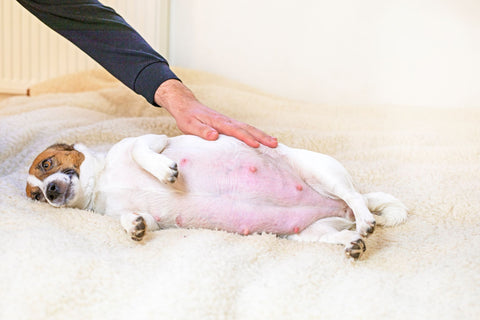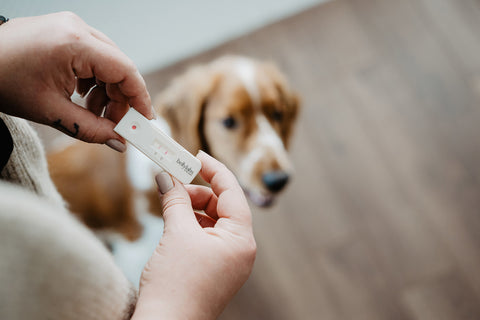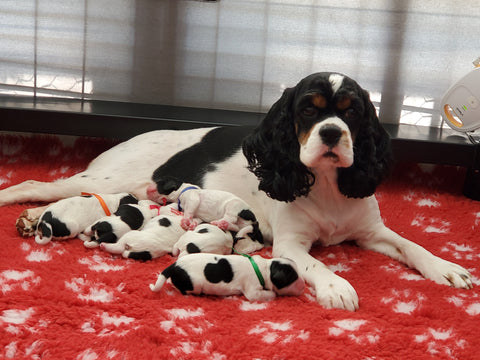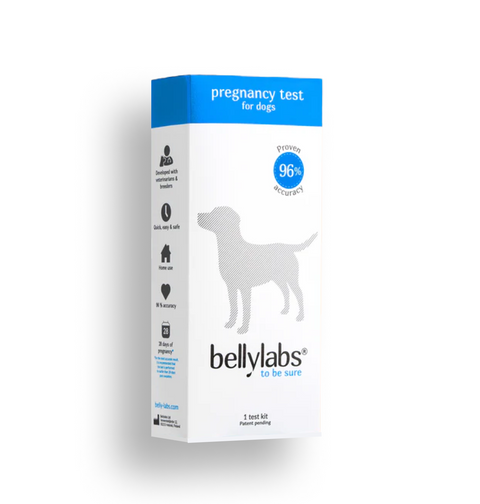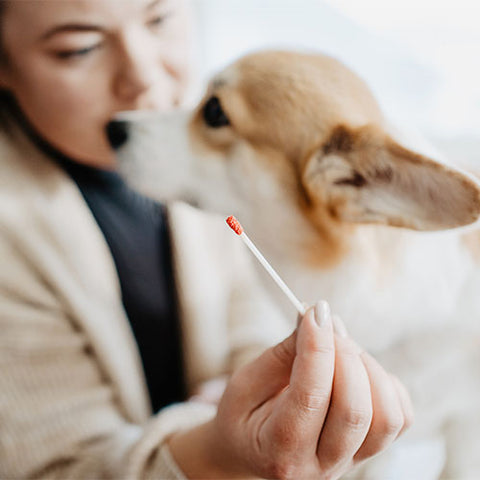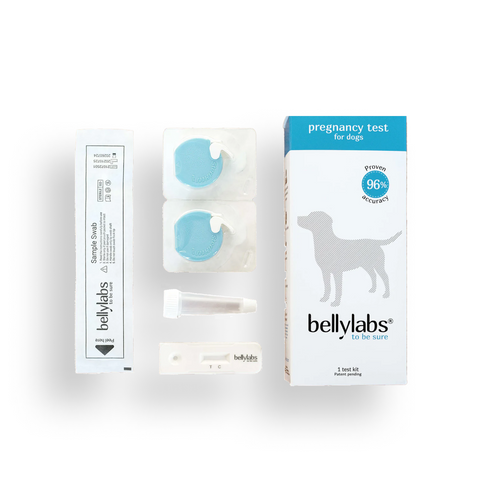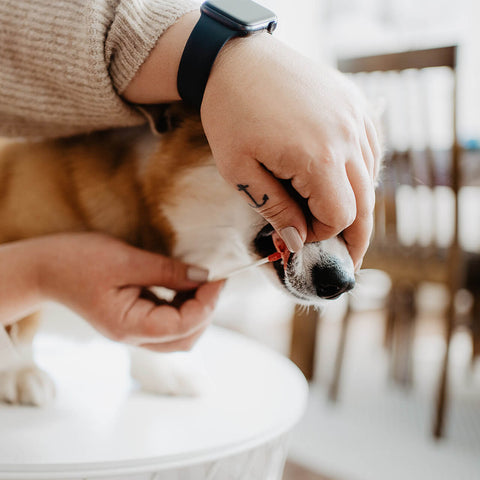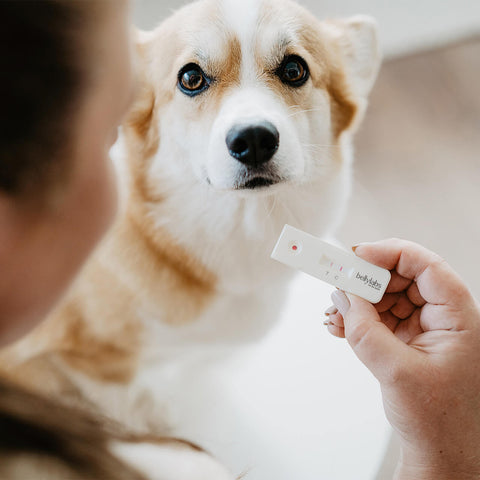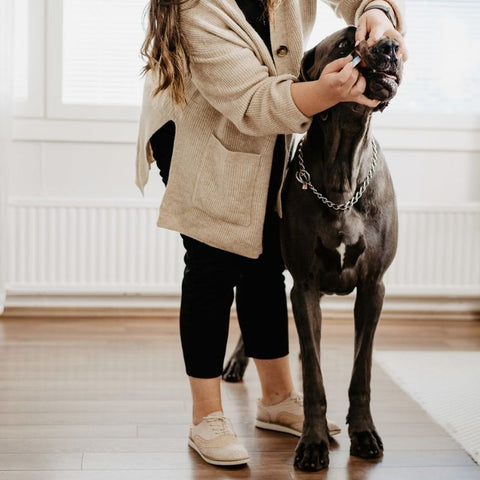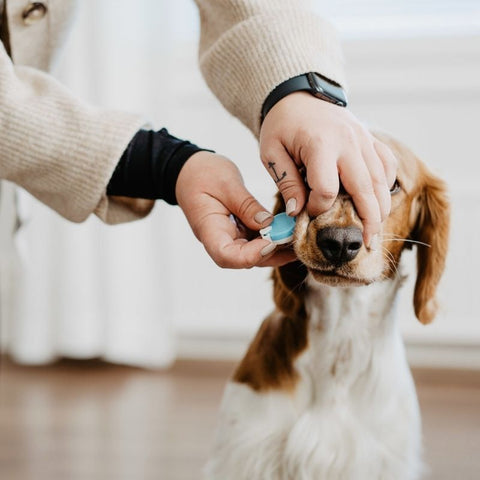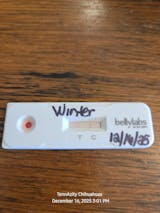Dystocia, or difficult birth, is a common concern in veterinary practice, particularly in small animals like dogs and cats. It occurs when the mother or fetus encounters obstacles during the birthing process, leading to potential health risks for both. Understanding the causes and management of dystocia is crucial for ensuring successful outcomes for mother and offspring.
Key Findings:
Various factors contribute to dystocia, including maternal issues like uterine inertia, breed predisposition, and physical conformation abnormalities, as well as fetal malposition and developmental abnormalities. Inflammation of the reproductive tract can also lead to dystocia, adding complexity to diagnosis and treatment. Diagnostic criteria for dystocia include abnormal presentation, prolonged gestation, and extended whelping or queening duration. Treatment options range from medical management with drugs like oxytocin to surgical interventions like caesarean sections, depending on the specific circumstances of each case.
Conclusion:
Dystocia poses significant risks to the health of both mother and offspring in small animals. Identifying and addressing predisposing factors, diagnosing dystocia promptly, and implementing appropriate treatment strategies are essential for achieving successful outcomes. Veterinary professionals play a critical role in managing dystocia cases, ensuring the well-being of both the birthing mother and her newborns.
Authors: Clare M. Scully , MA, DVM, MS, DACT, Louisiana State University, Department of Veterinary Clinical Sciences


